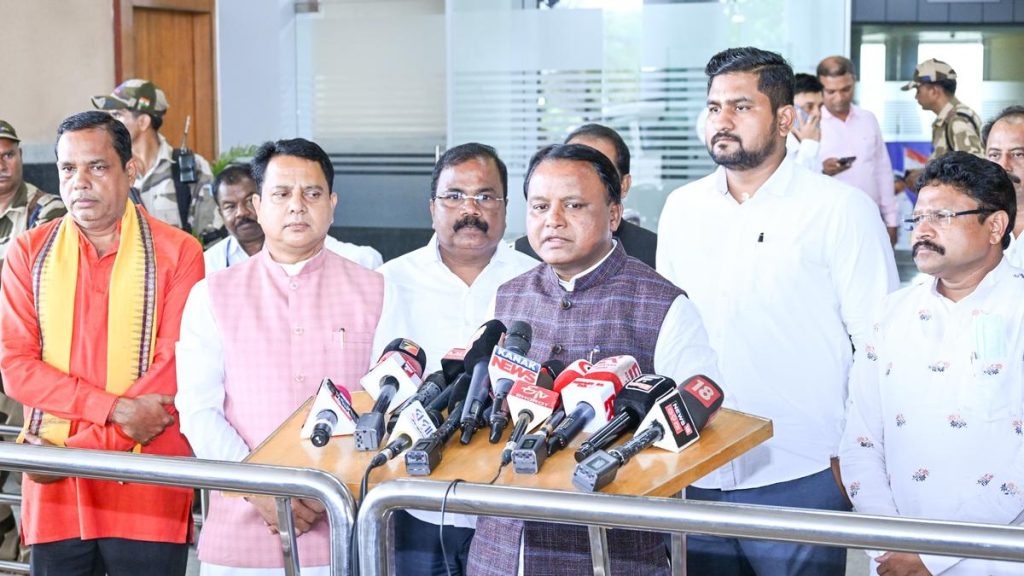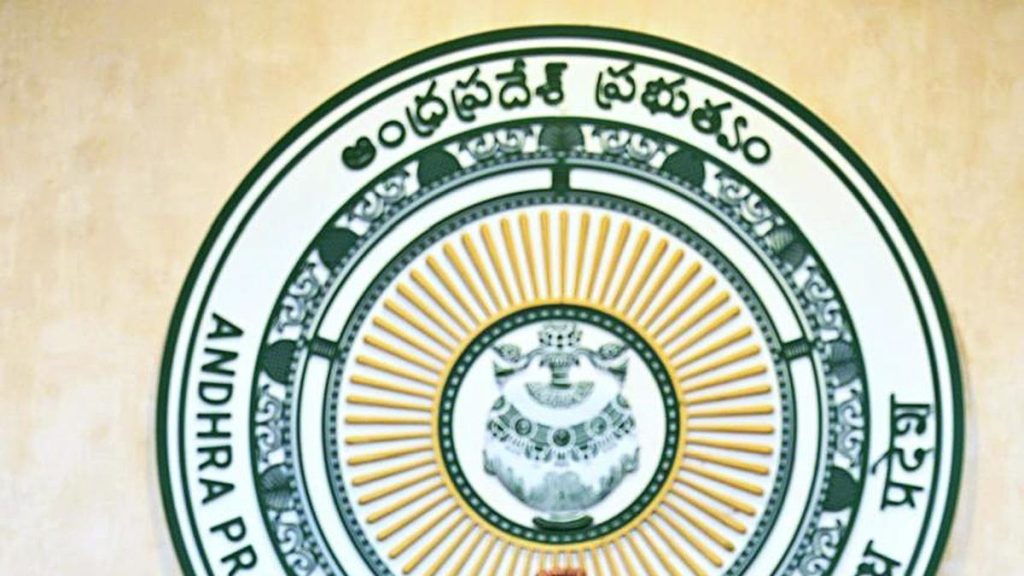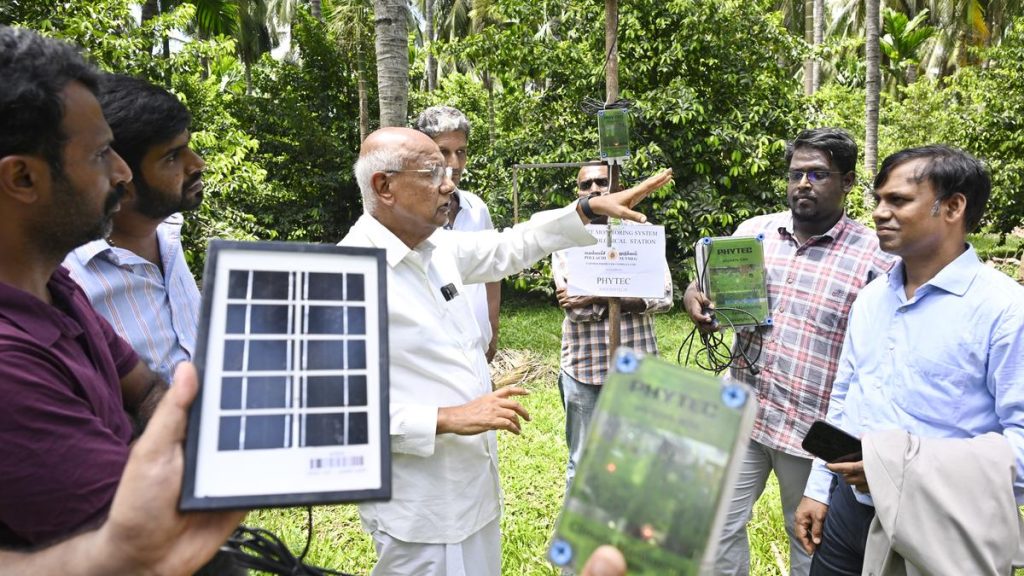Now Reading: Coaching Centre Culture Hindering Student Growth, Says Vice-President in Kota
-
01
Coaching Centre Culture Hindering Student Growth, Says Vice-President in Kota
Coaching Centre Culture Hindering Student Growth, Says Vice-President in Kota
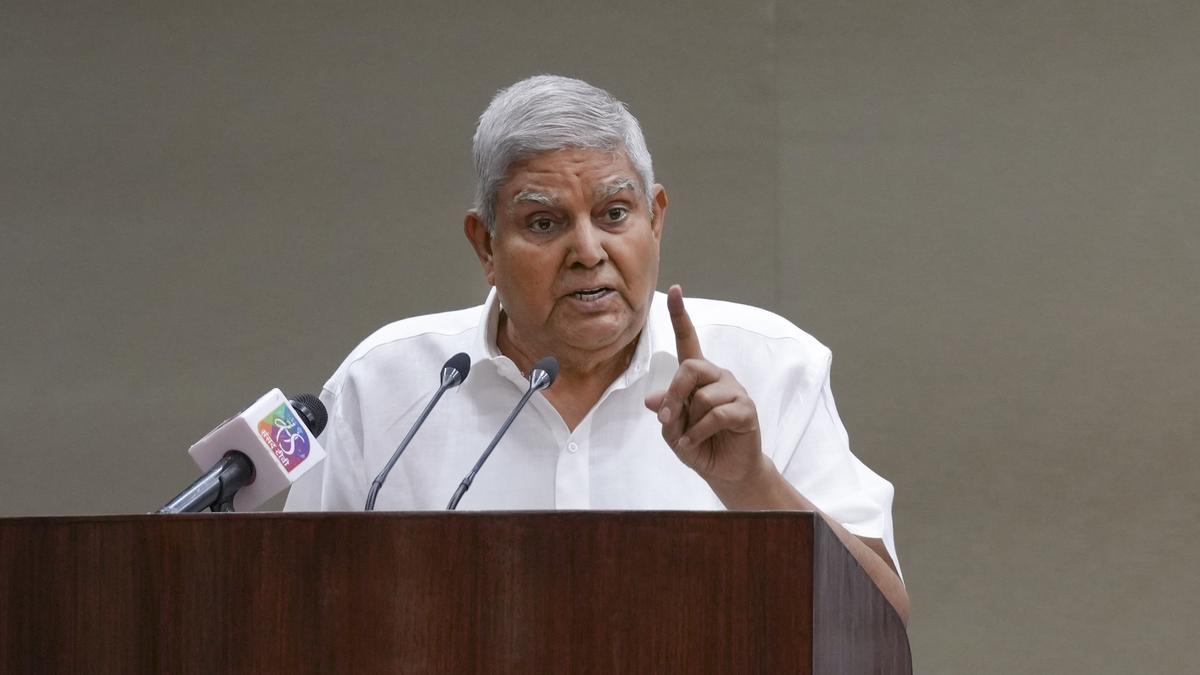
Quick Summary
- Vice-President Jagdeep Dhankhar criticized coaching institutions, labeling them “poaching centres” for negatively impacting students and obstructing the National Education Policy (NEP) implementation.
- His comments were made at the 4th convocation ceremony of Indian Institute of Details Technology (IIIT), kota.
- Kota is widely regarded as a hub for coaching institutes preparing students for competitive exams like medical and engineering entrance tests.
- Mr. Dhankhar condemned coaching centres’ advertising practices, claiming they misuse funds from families investing in their children’s education.
- He criticized these institutions for “robotizing” students’ thinking and causing psychological issues by prioritizing grades over curiosity.
- Emphasized skill building and suggested transforming coaching centres into skill progress hubs to better serve youth.
- highlighted concerns about India’s reliance on foreign technology in critical sectors, such as defense, suggesting digital independence is crucial for sovereignty in the 21st century’s algorithm-driven world.
- Urged focus on technological leadership to address new forms of global power dynamics rooted in code, cloud, and cyber frameworks.
Indian Opinion Analysis
The Vice-President’s remarks underline the increasingly debated influence of commercialized education models on India’s intellectual development. Coaching center culture has indeed become deeply entrenched in exam-centric Indian pedagogy; his critique points out societal costs – from financial strain on families to potential damage to creativity among youth. Reimagining these institutions as skill-building hubs aligns with national aspirations under NEP 2020 but would require regulatory guidance, institutional cooperation, and behavioral shifts within society.
Mr. Dhankhar’s concern about digital dependency spotlights India’s vulnerability amidst shifting benchmarks of international accountability driven by algorithms rather than conventional military might. Steering towards technological autonomy will likely be a strategic priority under ongoing policy frameworks aimed at self-reliance (“Atmanirbhar Bharat”). For students graduating from IIIT or similar institutes with expertise ripe for leveraging innovation domains like cybersecurity or AI governance could provide long-term dividends not just domestically structural revolution societal-preparedness needing blend-soft hard-critical spheres/digital-modern comment eventually?


